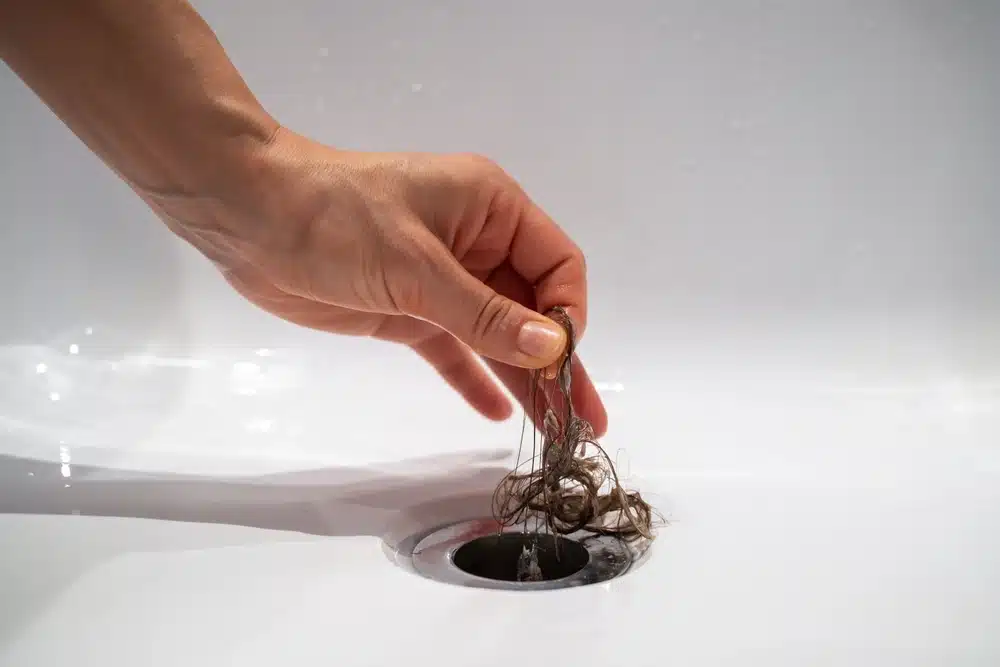There is a lot going on in the world at the moment, and there is a lot of uncertainty. Anxiety and stress are both issues more and more people are facing every single day because of this. Due to this, we wanted to take today to talk about stress and how it can have an impact on your hair.
Hair is something most people, male and female think about quite a lot and the thought of losing your hair isn’t something anyone looks forward too. However, the reality is, most people will have to deal with has loss at some point in their lives. There are many causes of hair loss and sometimes it can be hard to determine what is causing your hair loss and if it is going to be temporary or permanent.
Stress is a common cause of hair loss that can affect almost everyone. Today we’re going to tell you everything you need to know about stress-related hair loss.
What causes hair loss?
There are many different types of hair loss and because of this, there are also many different causes of hair loss. One of the most common causes of hair loss is male pattern baldness, which is caused by hair follicles shrinking over time, leading to thinning hair. The hormone dihydrotestosterone (DHT) can increase and this works to destroy the hair follicles. Over time the amount of DHT continues to increase and can completely destroy the hair follicle, causing the hair to stop growing.
Other common causes of hair loss can include trichotillomania, vitamin deficiency, traction alopecia, diet and stress.
How does stress cause hair loss?
Being under an excessive amount of stress for a long period of time both mental such as a death in the family, going through a divorce, and physical such as undergoing medical treatment or injuring yourself can cause stress to the whole body.
Once your body has experienced stress it can cause abnormalities within the hair cycle, which can cause the hair to shed. This type of hair loss is called telogen effluvium.
The stress pushes your hair follicles into the resting phase, which causes your hair growth phase to stop. The hair can then lie dormant for around three months before it begins to shed. If you notice your hair is thinning or excess hair fall a few months after a stressful event it could have been related to stress.
Is stress-related hair loss permanent?
The good news is, stress-related hair loss is not a permanent form of hair loss. As said previously, the stress pushes your hair follicles into the resting stage and if the stress were to stop the growth phase would resume.
If your stress stops, around 3-6 months after your hair will resume its normal growth cycle and begin to produce hair again, which in time will result in your hair looking as it was before the stress.
If you have any questions about hair loss please contact us today for a no-obligation consultation.


